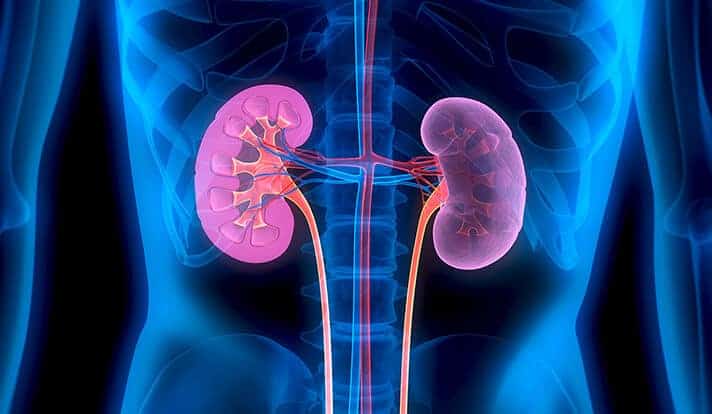Cases of acute kidney injury (AKI) in hospitals are on the rise but treatments are elusive. To deepen understanding of the condition, which can lead to chronic kidney disease or death, a Yale-led research team conducted the largest study of genes associated with AKI to date.
The researchers analyzed approximately 1 million genetic variants derived from critically ill patients with AKI and compared them to equally ill patients without AKI. They discovered four gene variants, or polymorphisms, on chromosomes 4 and 22 that are linked to increased risk for AKI.
The finding opens the door for further research on how the variants contribute to kidney injury, which could lead to new treatments. Professor of medicine Chirag Parikh, M.D., led the team of researchers from the United States and Canada. Read the full study published in the American Journal for Respiratory Critical Care Medicine.
If our reporting has informed or inspired you, please consider making a donation. Every contribution, no matter the size, empowers us to continue delivering accurate, engaging, and trustworthy science and medical news. Independent journalism requires time, effort, and resources—your support ensures we can keep uncovering the stories that matter most to you.
Join us in making knowledge accessible and impactful. Thank you for standing with us!

